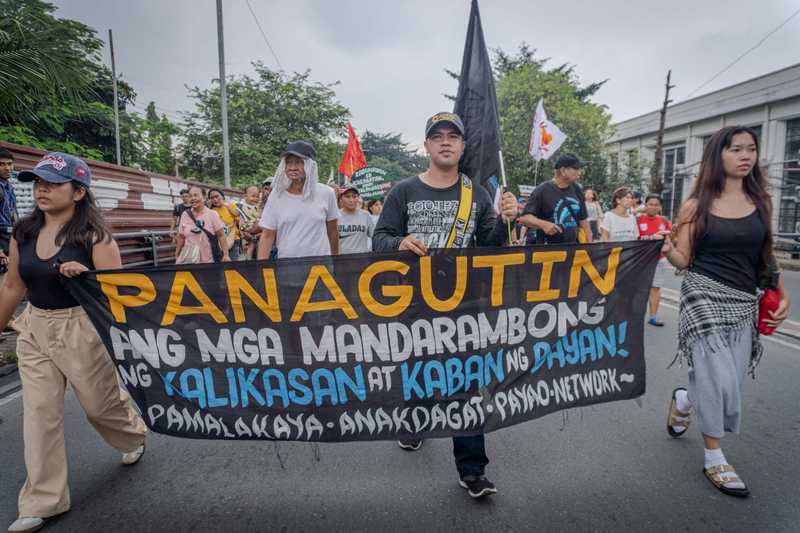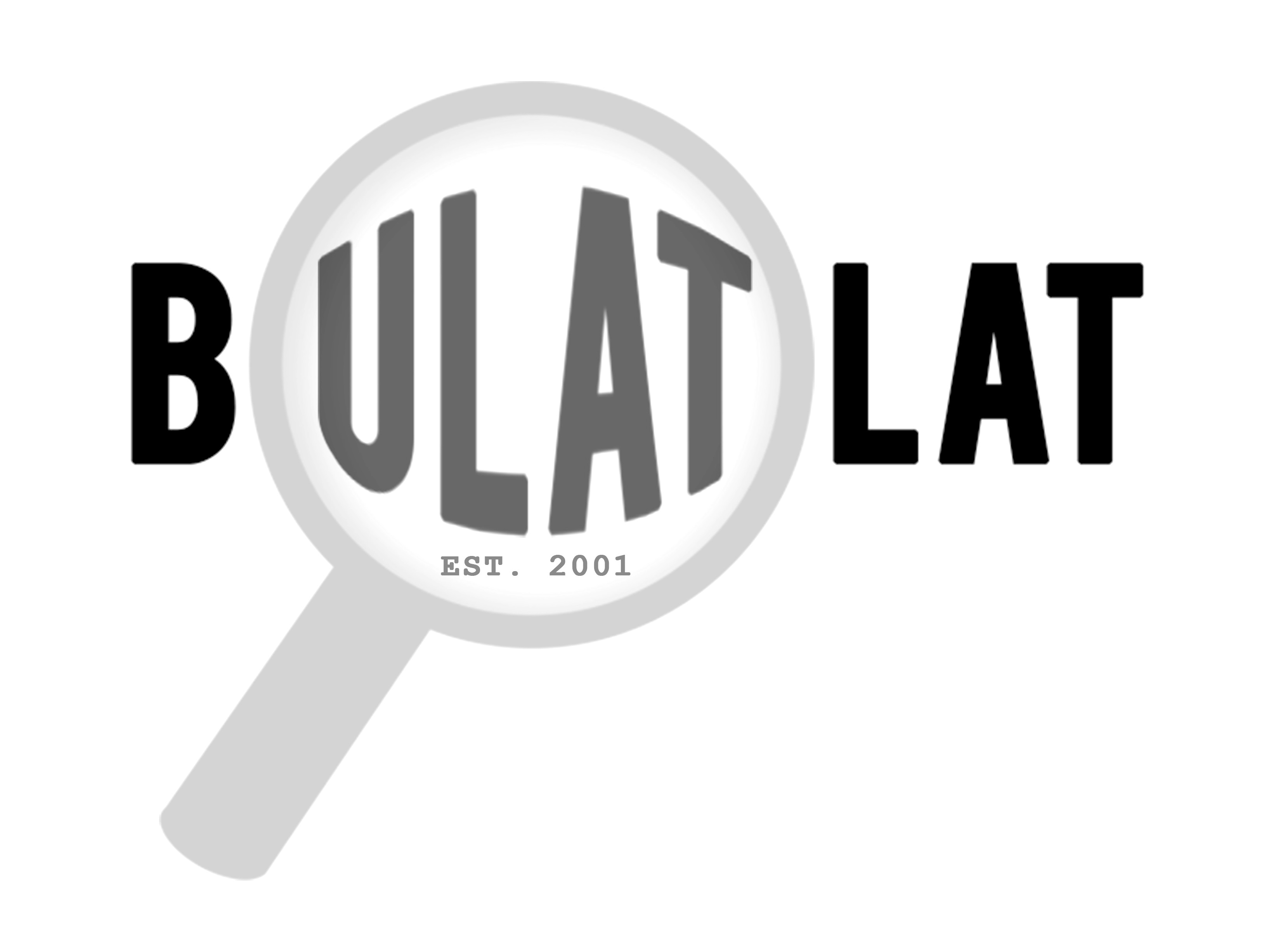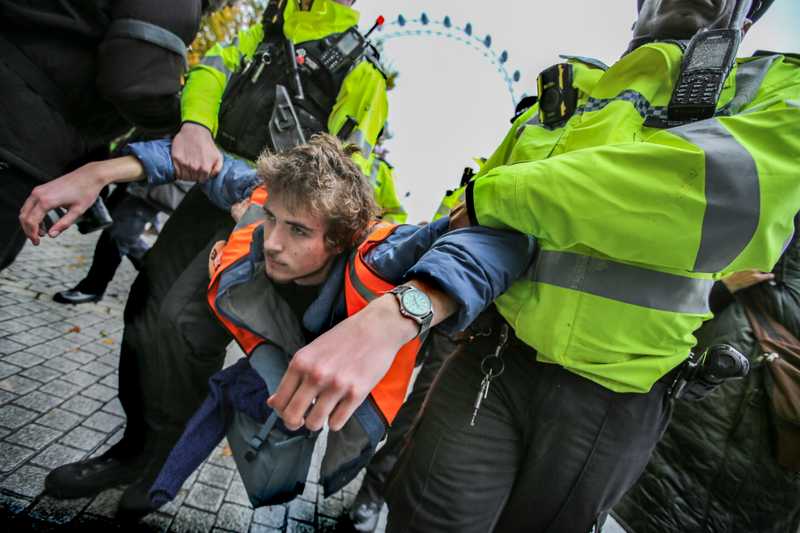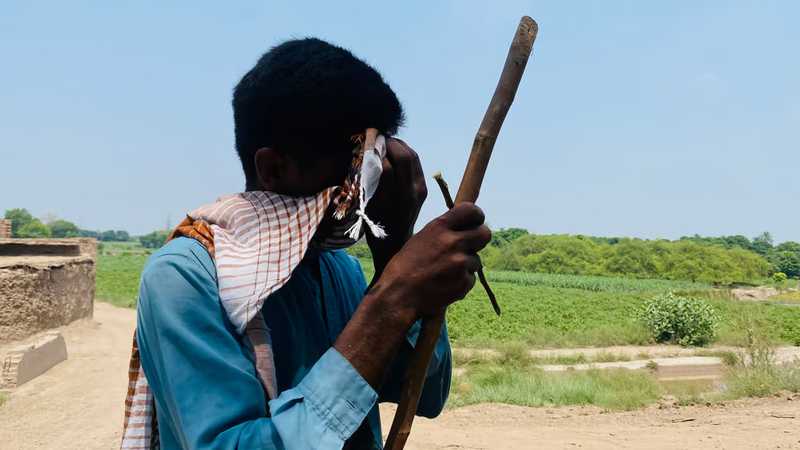
A shock this profound is bound to have many lessons to teach. Several seem to make the case for an International Green New Deal with almost surgical precision, because the pandemic is the best chance we’ll ever have to be shocked into action before the climate crisis overwhelms us.
Lesson 1: You can’t cheat physical reality. The virus is immune to spin, uninterested in negotiation, not open to compromise. Biology sets limits, and we must respect them—something equally true of physics and chemistry when it comes to climate change. We’ve watched as “leaders” like President Trump attempt to out-talk the microbe—in fact, he has called it a hoax, just the word he’s used to describe global warming. But people died anyway—far more than would have had he not refused to face reality. The single greatest reality of our century is the rapidly warming atmosphere—we should face it square on, and not with the evasion and half-measures that have been our practice to date. So, get real.
Lesson 2: Time is the crucial variable. Some countries—think South Korea—quickly recognized they were facing a problem and moved to address it with widespread testing. They were able to “flatten the curve”, a phrase now part of the global vocabulary. They suffered disruption, but not on the catastrophic scale of nations that waited too long to get started. The parallels to climate policy are obvious: we could have flattened the carbon curve if we’d started thirty years ago when scientists warned us, and we could have done it with relatively modest steps. But having wasted those decades, largely at the behest of the oil companies, we now have to move on a large and in some ways disruptive scale. This is a lesson we can, sadly, keep learning. If we don’t move now, the curve will get ever steeper, to the point where it can’t be climbed. Stop talking about 2050 and start talking about 2021. So, get going.
Lesson 3: Social solidarity is absolutely key. Look to the U.S. as an example of what happens when libertarian thinking is allowed to take full hold: despite the aggregate riches of the country, we have millions of people in desperate poverty, unable to access basic necessities (soap and water, say) required in a medical emergency. This of course mimics the iron law of climate change: those who have done the least to cause it suffer first. The Green New Deal envisions building up an equitable society even as we build up the technologies necessary to ward off climate change; it is the only possible approach to deal with crises of this magnitude. So, get together.
Lesson 4: We can change fast when we need to. Suddenly, trillions of dollars can be found, literally overnight, much of it used to bail out corporations. Suddenly, the world’s militaries can be diverted to relief work. The old excuses and delays seem absurd in light of the pandemic, just as they should seem absurd in light of a rapidly heating earth. In fact, bigger seems far safer and sounder right now, and budget deficits or tax increases seem a small price to pay for a chance at a working society. That sense should carry over to dealing with climate change, which by every measure will knock a permanent and unfillable hole in our economic life unless we take action very soon. So, get serious.
This pandemic is unbearably painful; it would be unconscionable not to learn all we can from that pain.
Bill McKibben is an American environmentalist, author, and journalist who has written extensively on the impact of global warming.
Image: irishinscotland.com





